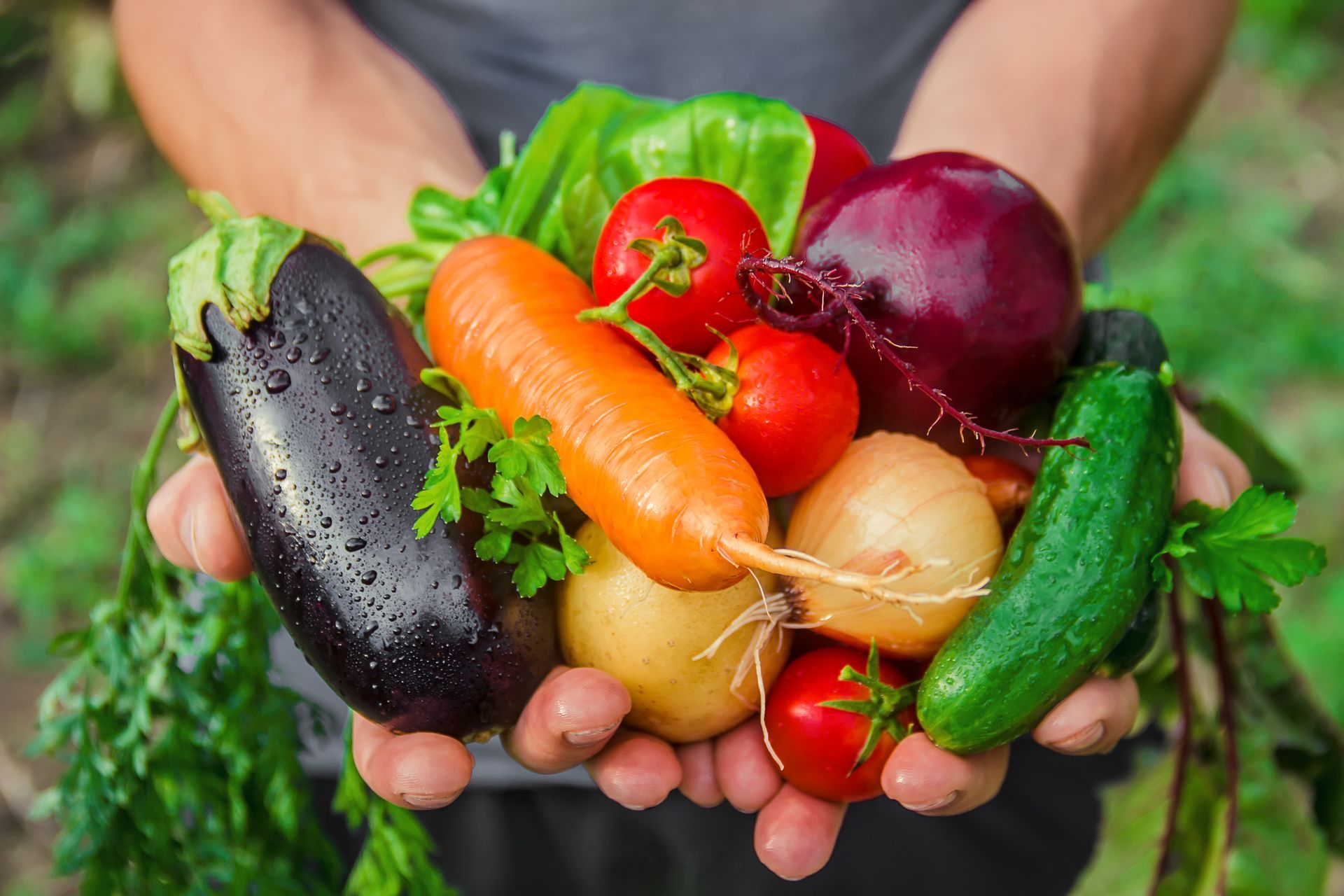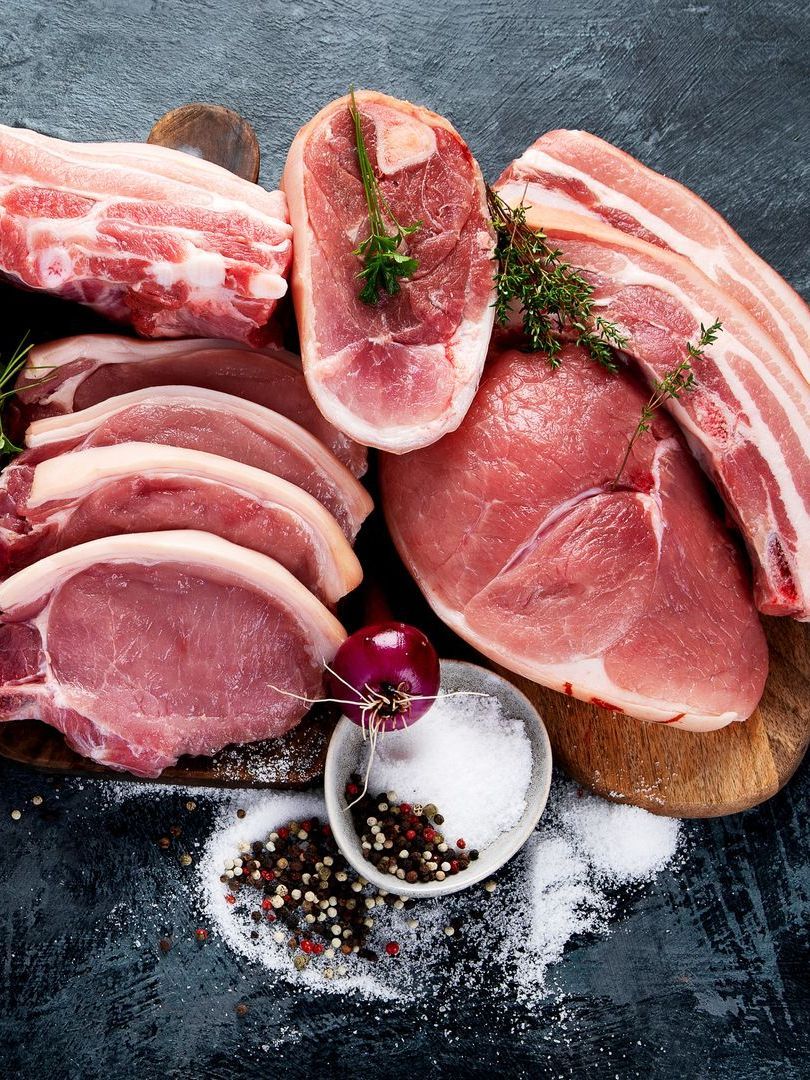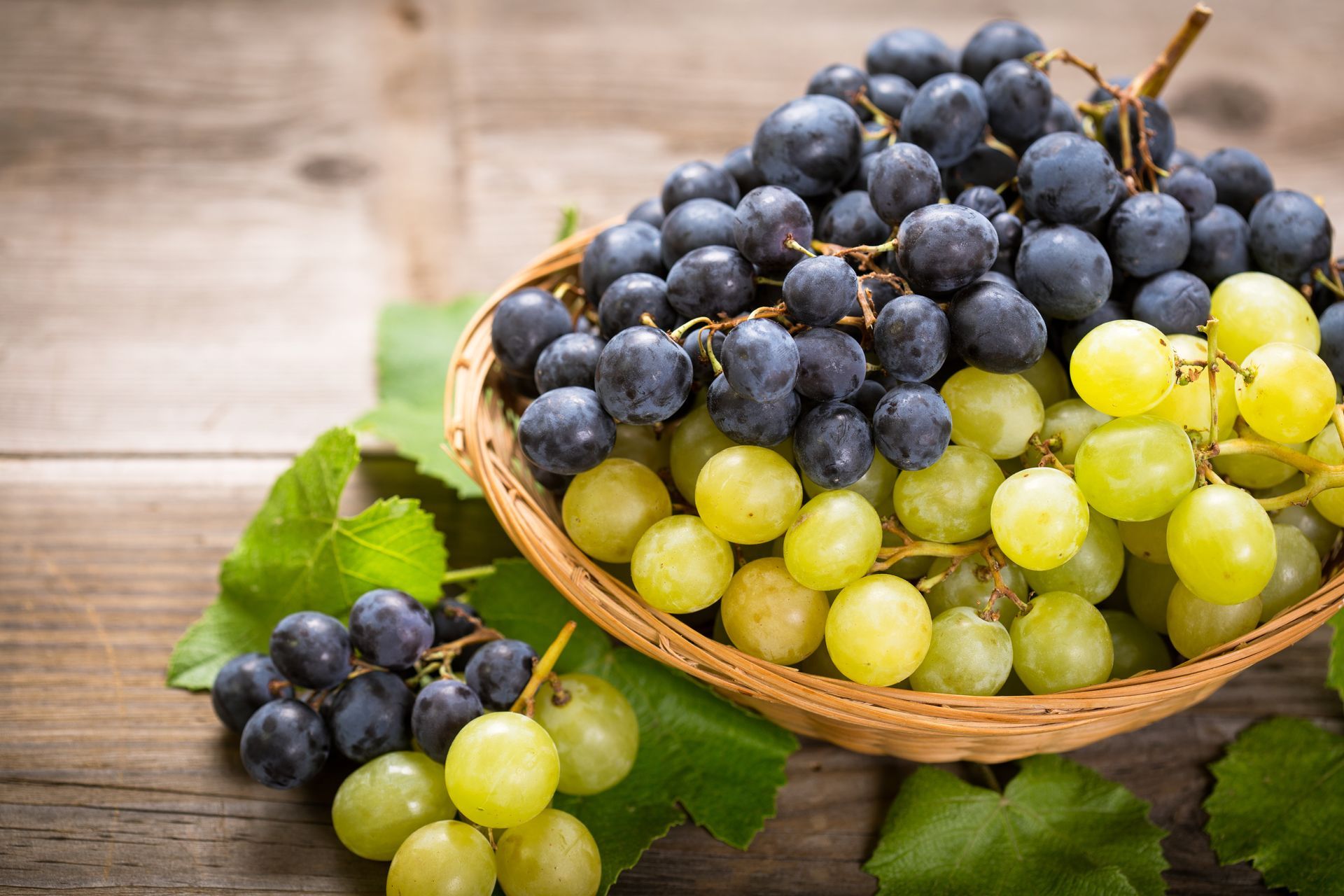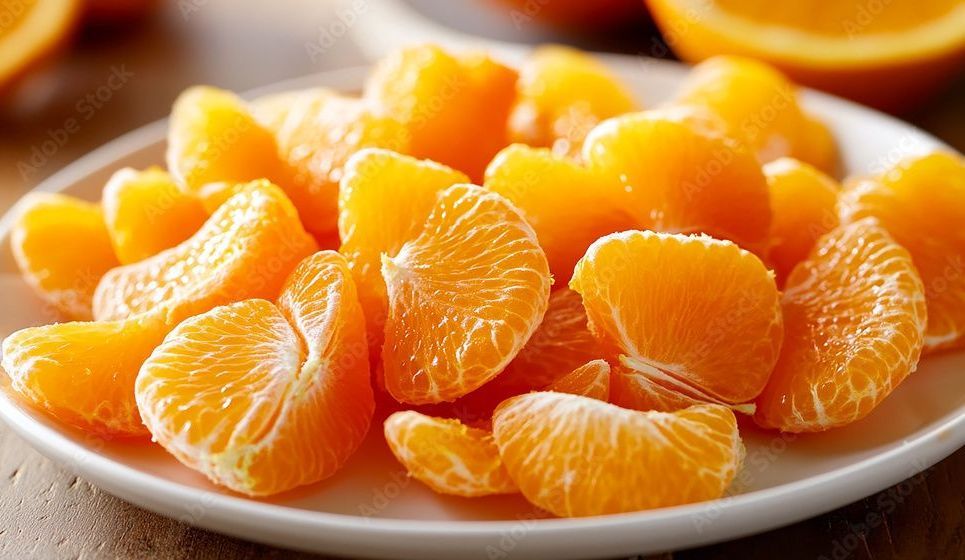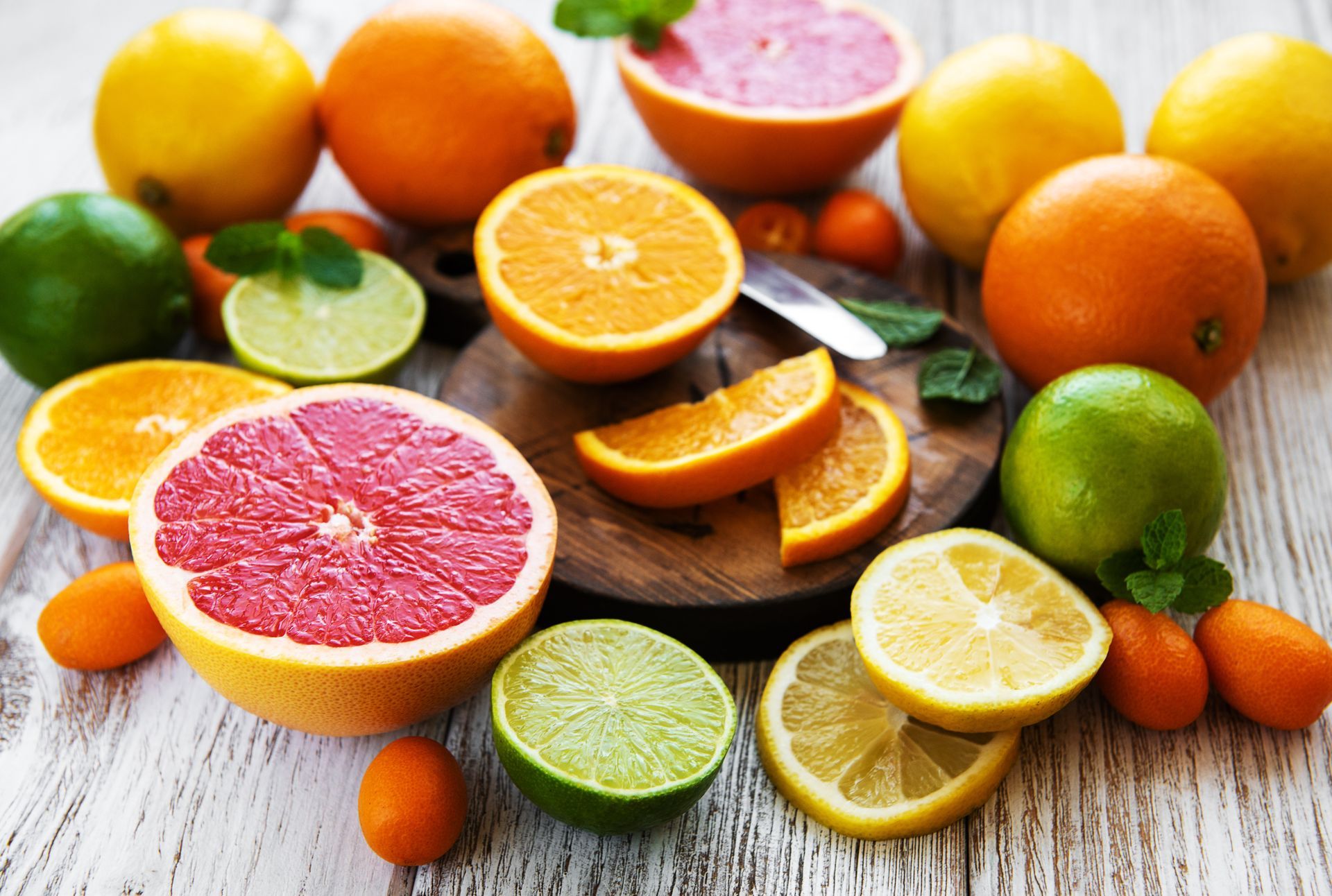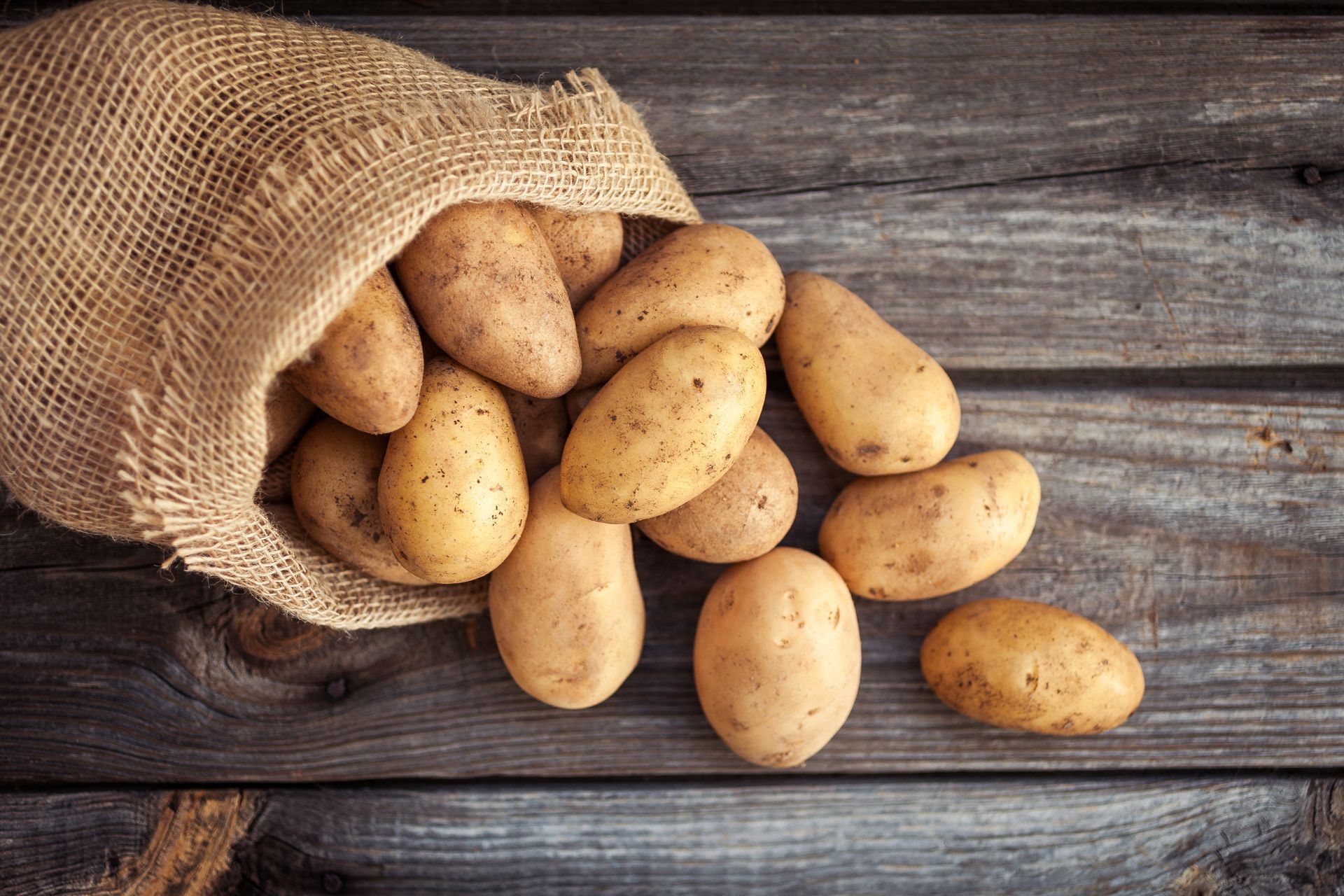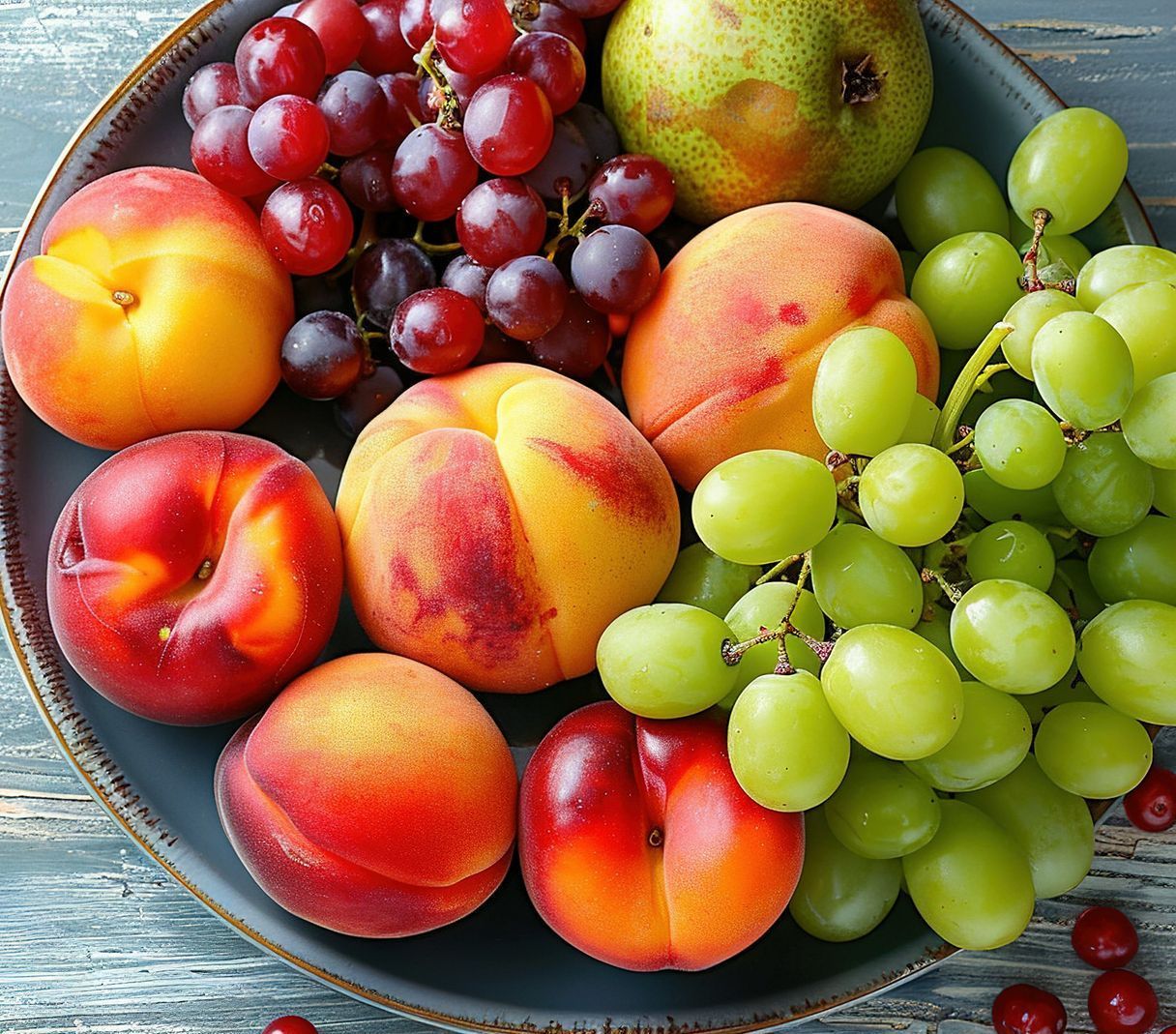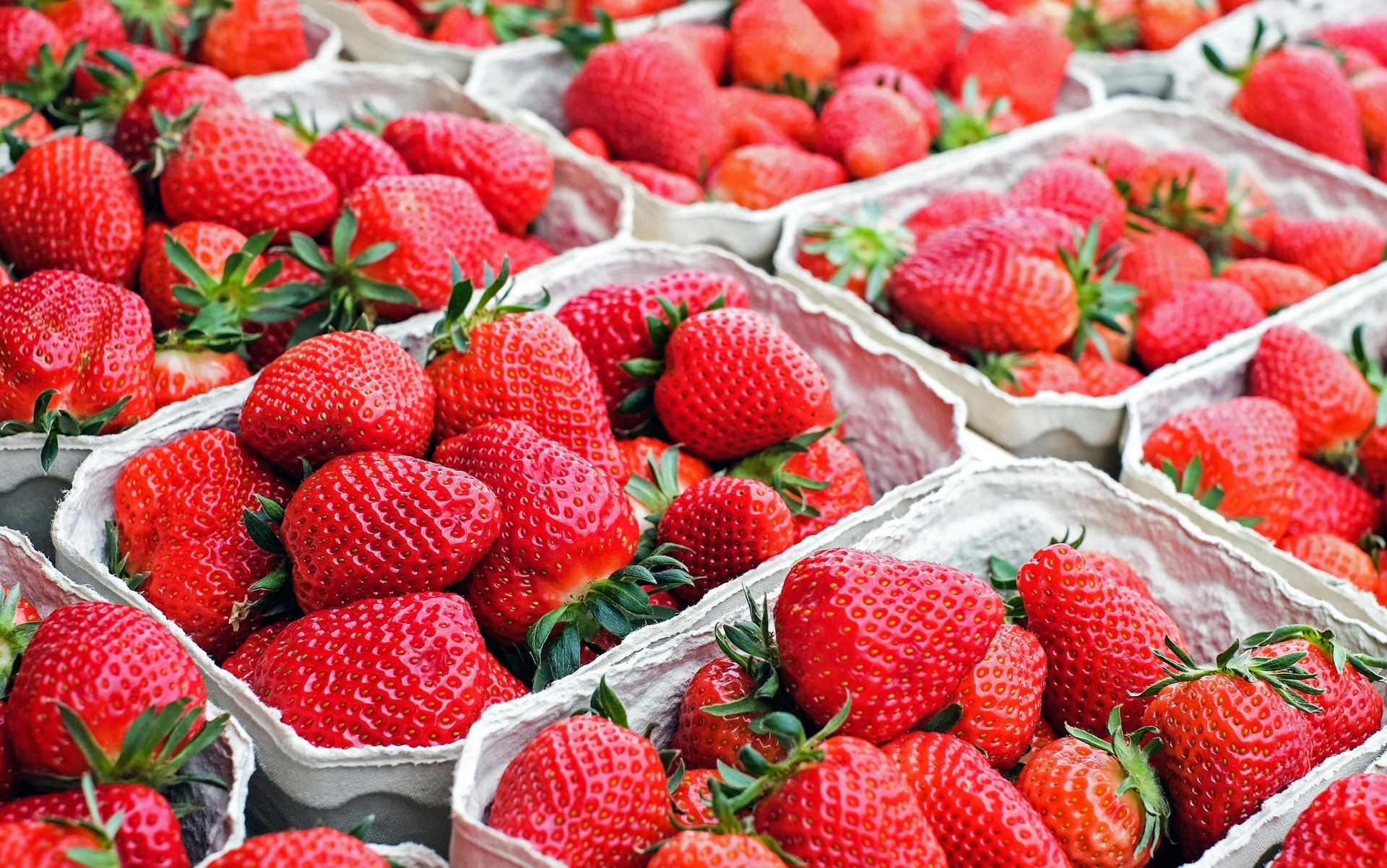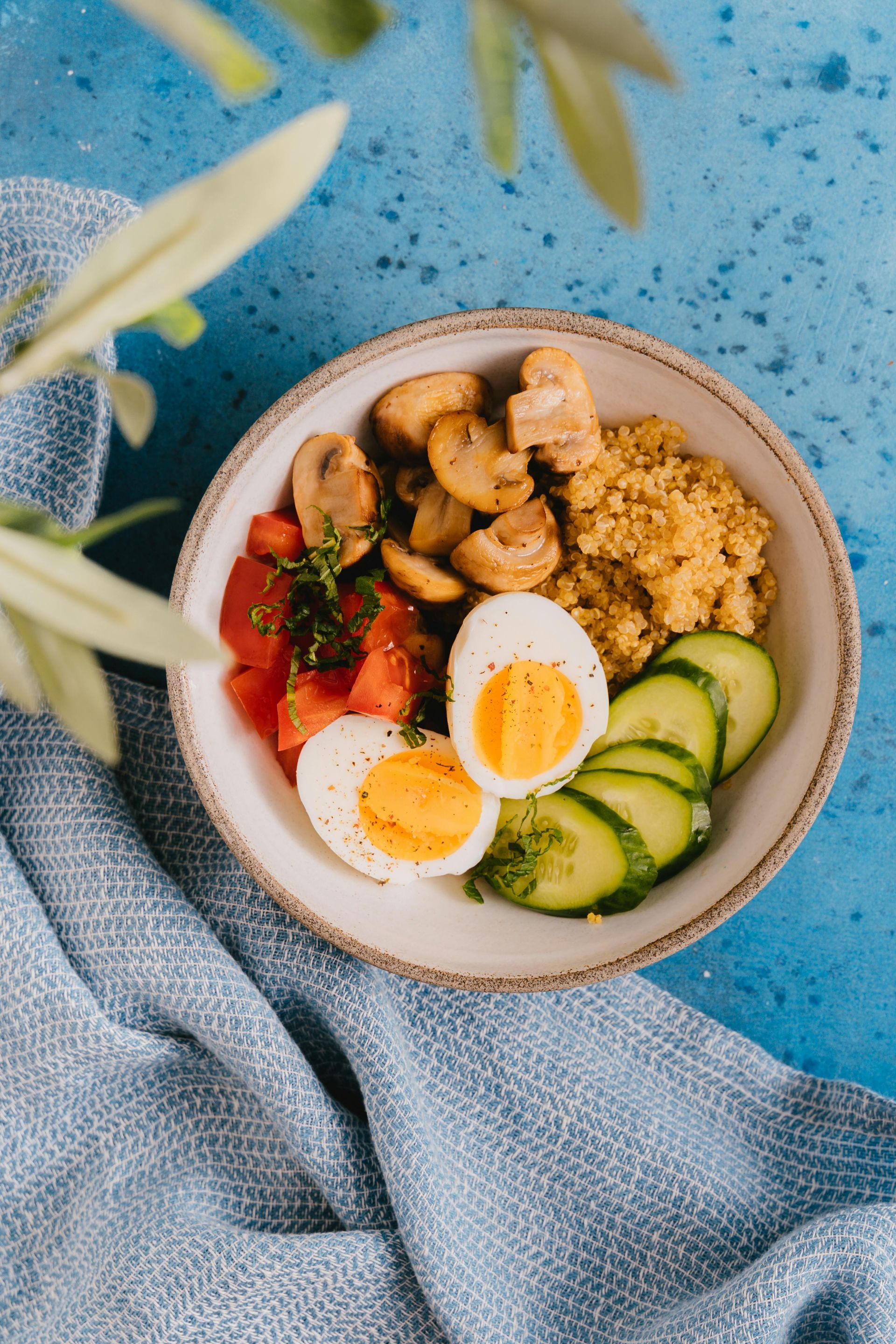February 2025 Market Report
MARKET NEWS
Inflationary Pressures in 2025:
Is your business considering cost savings in the kitchen?
So far this year we have seen a number of key inflationary pressures, such as National
Insurance rising 15% from April and living wages rising to £12.21. Business rates relief was
also cut from 75% to 40% for the 2025/26 tax year and the cap on relief remains. Multi-site
businesses are still restricted from benefitting from relief.
These pressures are expected to particularly affect hospitality venues such as restaurants,
pubs and hotels as they have such a high proportion of staff and part-time workers in
particular.
Connect Purchasing have been working with our suppliers to support you through this. We
are focused on keeping your costs in check and offering long-term, sustainable pricing.
Speak to our team about how we can help you manage your costs and create efficiencies
across your whole business.

Simpler Recycling Act:
Legislation brought in under the Environment Act 2021 will require all businesses with 10 or more employees to separate dry mixed recyclables and food waste from their general waste, prior to collection from their premises.
Called ‘Simpler Recycling’, the legislation will be made law on 31st March with the intention
to simplify and improve the existing recycling system. According to the Waste and
Resources Action Programme (WRAP), 920,000 tonnes of food is wasted by hospitality and
foodservice outlets each year. Making a dent in this waste will not only generate environmental benefits, but financial ones too.
Are you ready for this new legislation to come into effect? Connect Purchasing have partnered with waste experts to make sure you aren’t stung by any potential fines. Contact us for more information.
COMMODITIES REPORT
Produce Update:
Cold weather continues to challenge Spanish farmers, reducing harvests across some key
crops. We expect improvement as we move through the month, temperatures start to rise
and we get longer periods of sunlight. Until then, please be aware of an impact on cucumbers, aubergines, peppers, courgettes and tomatoes.
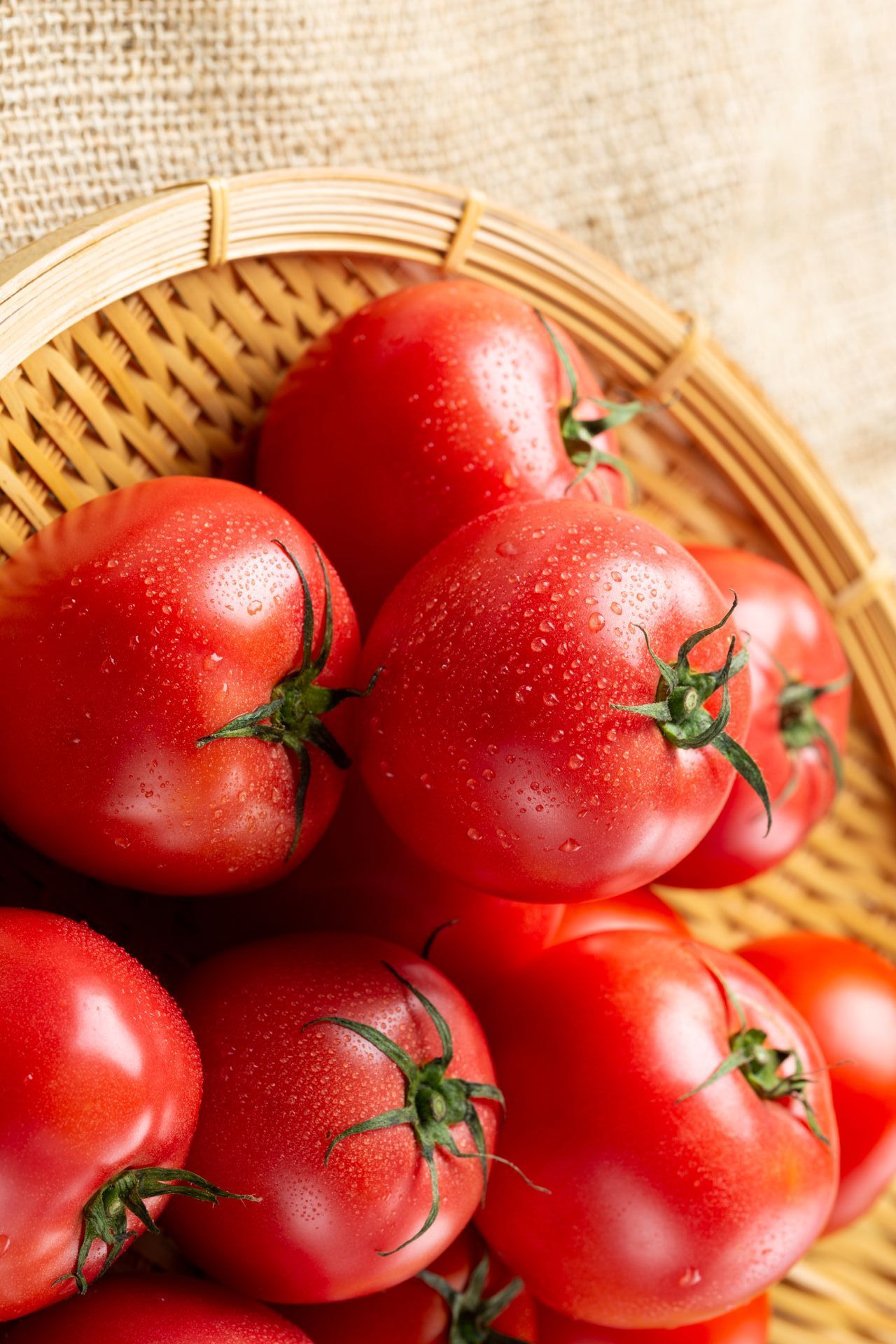
Fruit & Vegetables:
Highlights this month include Yorkshire Forced Rhubarb. This seasonal gem is incredibly versatile, so make the most of the short season. Also, in season in February:
- Beetroot – red, golden, white and candy
- Carrots
- Parsnips
- Swedes
- Spring Greens
- Cavolo Nero
- Savoy Cabbage
The UK asparagus season has started but until more stock comes on the market next month, prices remain very high. Spanish strawberries and raspberries are excellent quality and flavour at the moment, just in time for Valentine’s Day.
Fish:
The cut in the Barents Sea Cod quota is creating pressure on prices. Cod prices have been high for some time, and we do not expect this to end anytime soon. Haddock is the natural choice of alternative, however, whilst not subject to quota cuts of the severity of cod, demand for haddock has pushed the price upwards. We recommend considering Hake or Coley, as prices are more stable and significantly lower than Cod or Haddock currently.
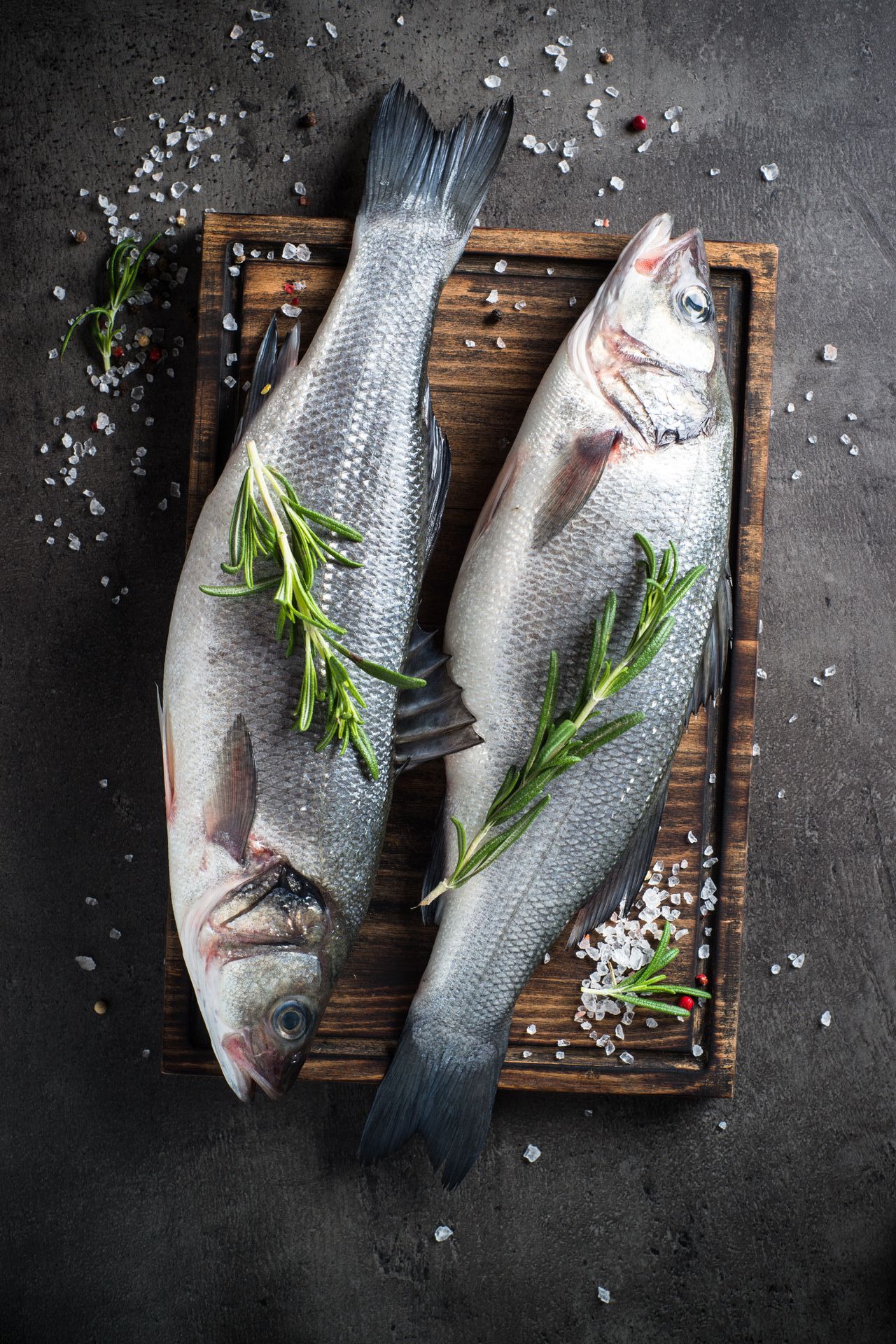
Beef price rises:
Beef prices have continued to rise this month with demand outstripping availability. We have seen this affect all cuts including the usually cheaper options of mince and stewing steak. Steaks have however been hit hardest.
This increase has been caused by the shortage of cattle on the market and by the outbreak of Foot and Mouth Disease in Germany. The UK has become the latest country to ban the import of live animals and meat from Germany in an effort to stop the spread of foot-and-mouth disease after the virus was detected in a herd of water buffalo near Berlin.
Avian Influenza Protection Zones:
An Avian Influenza Prevention Zone (AIPZ) was declared across all of England and Scotland starting on 25 January 2025, in response to increasing cases of bird flu. Bird keepers are now required by law to follow strict biosecurity measures to protect their flocks from the highly contagious virus. The decision follows several cases of H5N1 and H5N5 avian influenza in both wild and captive birds, raising concerns about further outbreaks among poultry populations.
These heightened measures include requiring poultry to be kept indoors to limit contact with wild birds, who are believed to be spreading the disease. Biosecurity steps such as disinfecting clothing, footwear, and vehicles, as well as reducing
contact with wild birds, must be followed by all poultry farmers, from commercial operations to those with backyard flocks.
The UK Health Security Agency assures the public that properly cooked poultry and eggs are safe to consume, though the overall risk to human health remains low.
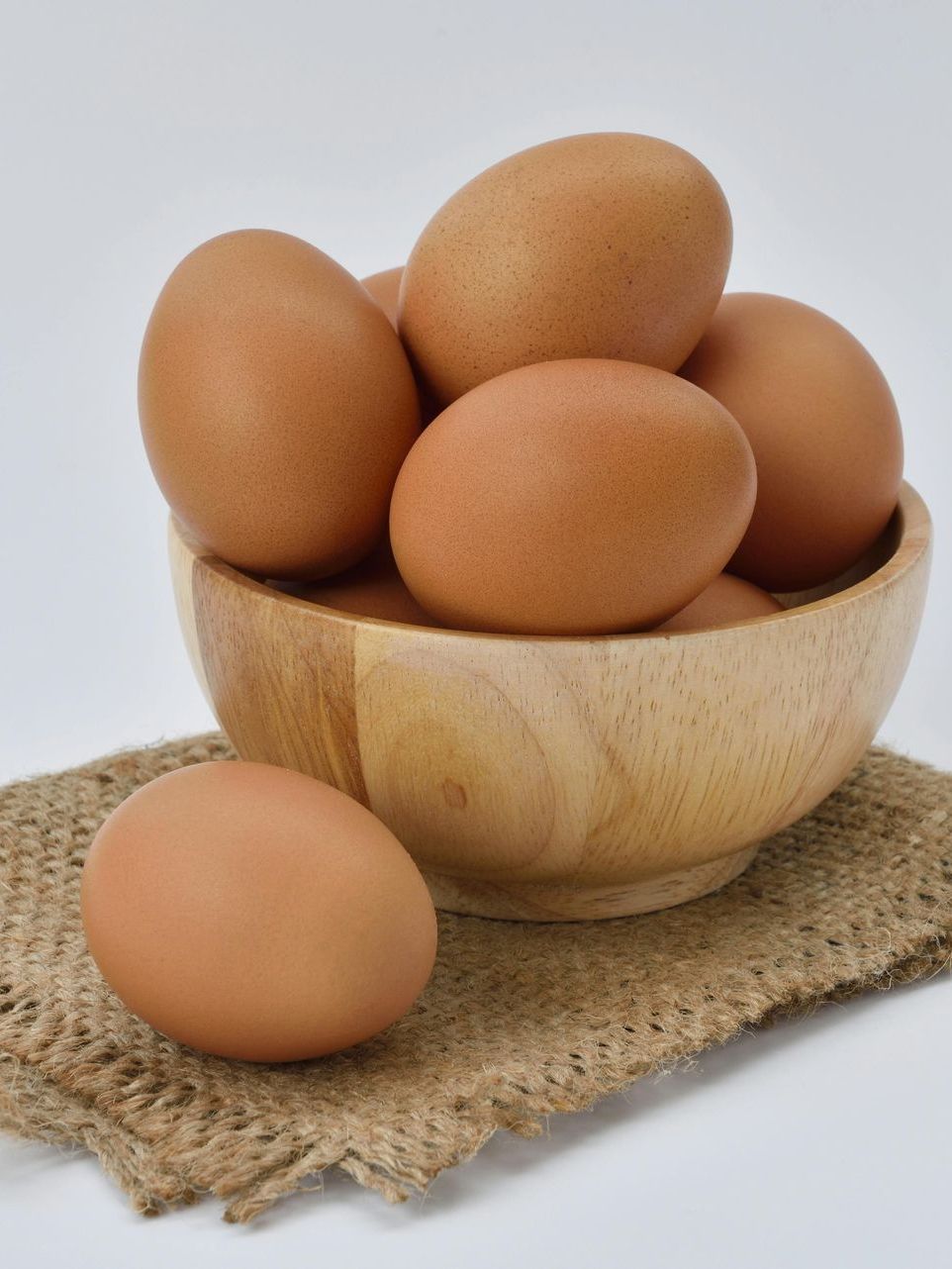
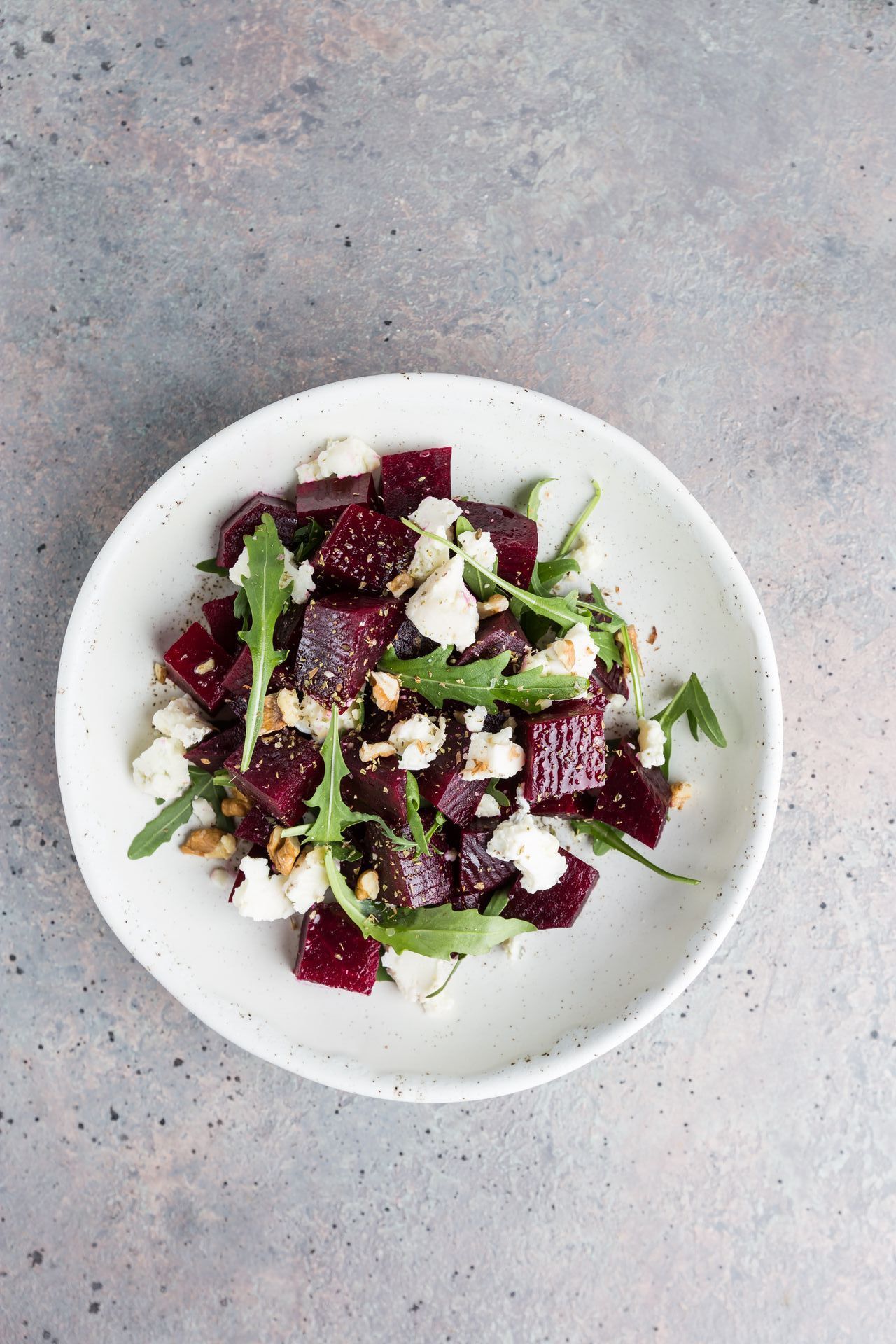
Seasonal Recipe Suggestion
Sharp & sweet rhubarb balances perfectly with earthy root vegetables like beetroot and
carrots.
Rhubarb, Beetroot & Carrot Salad
Ingredients:
300g bunched beetroots
300g bunched carrots
salt & pepper
175g rhubarb
1 orange
1 tbsp soft brown sugar
1 tbsp red wine vinegar
50g watercress
small bunch of mint, finely chopped
1 tsp caraway seeds, lightly toasted
olive oil
salt & pepper
Method:
Step 1
Preheat your oven to 200˚C/Gas 6. Place the beetroot in the saucepan, cover with cold water and season with salt. Bring to the boil, cover and simmer for about 30 minutes, or until soft to the tip of a knife.
Step 2
Meanwhile, cut the carrots into evenly sized angular pieces. Place them on the roasting tray, coat with oil and season well with salt and pepper. Mix well and roast for about 20 minutes, or until tender and starting to colour.
Step 3
While the carrots and beetroot cook, cut the rhubarb into 3cm pieces. Split any wide pieces in half, lengthways, so that all the pieces are a roughly even size. Zest and juice the orange into a large saucepan and add the sugar and rhubarb. Cover and bring to a simmer. Cook gently for 5-6 minutes, until the rhubarb is starting to soften but still holds its shape. Remove from the heat and leave it to cool with the lid on.
Step 4
When the beetroot ready, remove them from the water and pull off the skin. Cut into even-sized wedges.
Step 5
Let the carrots and beetroot cool a little while you make the dressing. Whisk 3 tablespoons of the rhubarb liquid with a pinch of salt and slowly add 2 tablespoons of olive oil so that it comes together into a dressing. Tweak by adding a dash or two of the vinegar if you feel it needs more sharpness.
Step 6
Mix the beetroot, carrots and watercress together with the dressing. Transfer to a serving plate and then gently place the rhubarb pieces across the top. Scatter over the mint and caraway seeds to finish.
Hotelier
in Swindon
“Having over 20 suppliers was making ordering produce so much harder and more expensive that it needed to be. Connect explained how they could help us consolidate our supplier portfolio without making any compromises. Its such a simple process”
John P.
“As a small group of 5 coffee shops, we needed to consolidate our purchasing so that all branches and were using the same suppliers at the same prices. Connect introduced us to a software platform that was perfect for what we needed”
Alex M.
“Our suppliers were ok, but we always struggled to get deliveries on the days and times that we needed. Being in central London, we can only accept deliveries at certain times very early in the morning, CP were able to find suppliers that specialised in timed food deliveries. Would recommend to anyone!”
Jane R.
Care Home Facilities Manager
in Slough
“I started purchasing my care consumables through Connect Purchasing in December last year and they were able to save me over 15%, I’m constantly checking prices of other companies and still Connect purchasing are cheaper.”
Vicky L.
Publican
in Banbury
“Connect talked me through the process and completed a thorough review of our products and helped me save over £1000 in the first month, this has really helped especially with wage costs going through the roof”
Graham M.

All Rights Reserved | Connect Purchasing Limited | Company Number: 08779607 | VAT Number: GB 186 8612 65

